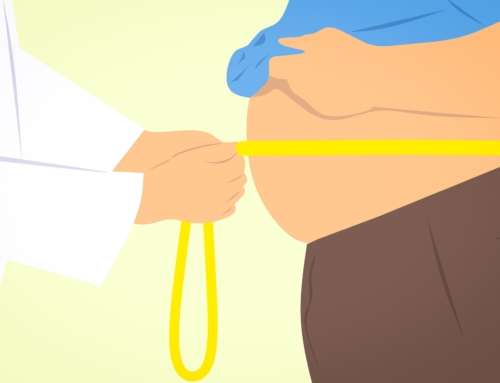Having trouble losing weight? You might have insulin resistance. This is one of the areas that routine labs can easily miss because most of the time a practitioner will only order a fasting glucose level. This is really the tip of a very large iceberg. Even a hemoglobin A1C which gives you the average of 3 months of blood sugar in a single reading can be “normal”.
Insulin resistance is a lurking danger of not only increased weight but the precursor of diabetes and many medical issues including high blood pressure, high cholesterol and all the downstream effects of diabetes. And it can be addressed and reversed before any of these happen!!
Let’s look more closely at what lab tests you really need to flush out if you have insulin resistance and what you can do about it! READ ON….
First you need to understand what insulin is and how it works. Insulin is a hormone released from the pancreas in response to increased blood sugar in the blood stream. When it gets released, it goes and grabs the circulating sugar called glucose and pulls it into the cell so the cell can use it for energy. When you have insulin resistance the body produces the insulin and grabs the sugar but it can’t get it into the cell. The cell is resistant to the insulin and as a result the sugar in the blood stream will increase which in turn sends a signal to make more insulin. If this gets severe enough you will eventually end up with Type 2 diabetes. FYI: Type 1 diabetes is different because these people cannot produce insulin at all which is why they need insulin as a treatment.
While there are many causes of insulin resistance, I wanted to give you a few examples that can increase your risk of becoming insulin resistant:
- Obesity – especially increased belly fat
- Inactive lifestyle
- Poor diet – especially high carbohydrates
- History of gestational diabetes
- Polycystic ovarian syndrome
- Smoking
- Medications like steroids and some antipsychotics
- Sleep issues – especially sleep apnea
How can you tell if you are insulin resistant?
Here are some tip offs:
- Waistline over 40 inches in men and over 35 in women
- Increased blood pressure
- Fasting glucose level above 100
- Fasting triglyceride level above 150
- Low HDL below 40 for men or 50 for women
- Skin tags (but just because you have skin tags doesn’t mean you are insulin resistant)
Even with all of these there are two key blood tests that I really depend on to flush out insulin resistance.
- Hemoglobin A1C – you have to read between the lines here. On a reference range you will see levels below 5.7 to be “normal”. If a normal fasting blood glucose level is less than 100 then the A1C really should be closer to 5.0. If you have an A1C between 5.2 to 5.7 you could have insulin resistance and be called “normal”!
- Cardio insulin resistance panel by Quest. I LOVE this panel. It must be done fasting and contains three results:
- Insulin level: The insulin level is the actual amount of insulin circulating in your blood stream. Remember the more resistant you are the higher the circulating insulin.
- C peptide: This is made in the pancreas and a high level indicates your body is making too much insulin (a sign of resistance).
- Insulin resistance score: This is a calculation that gives you a number that is correlated to the amount of insulin resistance you have. The higher the number the more insulin resistance you have!
Good news! You can treat insulin resistance before it progresses to diabetes.
- Get active – exercise decreases insulin resistance
- Optimize each MEAL – this is important to have balanced meals otherwise the body will respond to a high sugar meal or high carb meal by overproducing insulin
- Address sleep apnea – you will not be able to reverse insulin resistance if you have untreated sleep apnea
- Weight loss – wait – that’s why you are here to begin with – difficulty losing weight. Here are a few extra things to really work on the resistance part:
- Supplements:
- Berberine
- Alpha lipoic acid
- Supplements:
- To a lesser extent: Chromium and cinnamon.
I love combination products when it comes to insulin resistance. My favorite is our Blood Sugar Support as it combines berberine and alpha lipoic acid. I can often see dramatic results just by adding this product.
- Medications:
- Metformin
- Many of the medications aimed at treating diabetes
This is an example of the type of information you will receive in my Functional Labs Decoded course! If you want to truly take control of your health and learn how to interpret your own labs so you can be more proactive then be sure and sign up for our waitlist. Our waitlist is FREE and everyone on this list will be the first to be able to purchase this course at a special VIP discounted rate! Join me today!
To your health,
Laura









